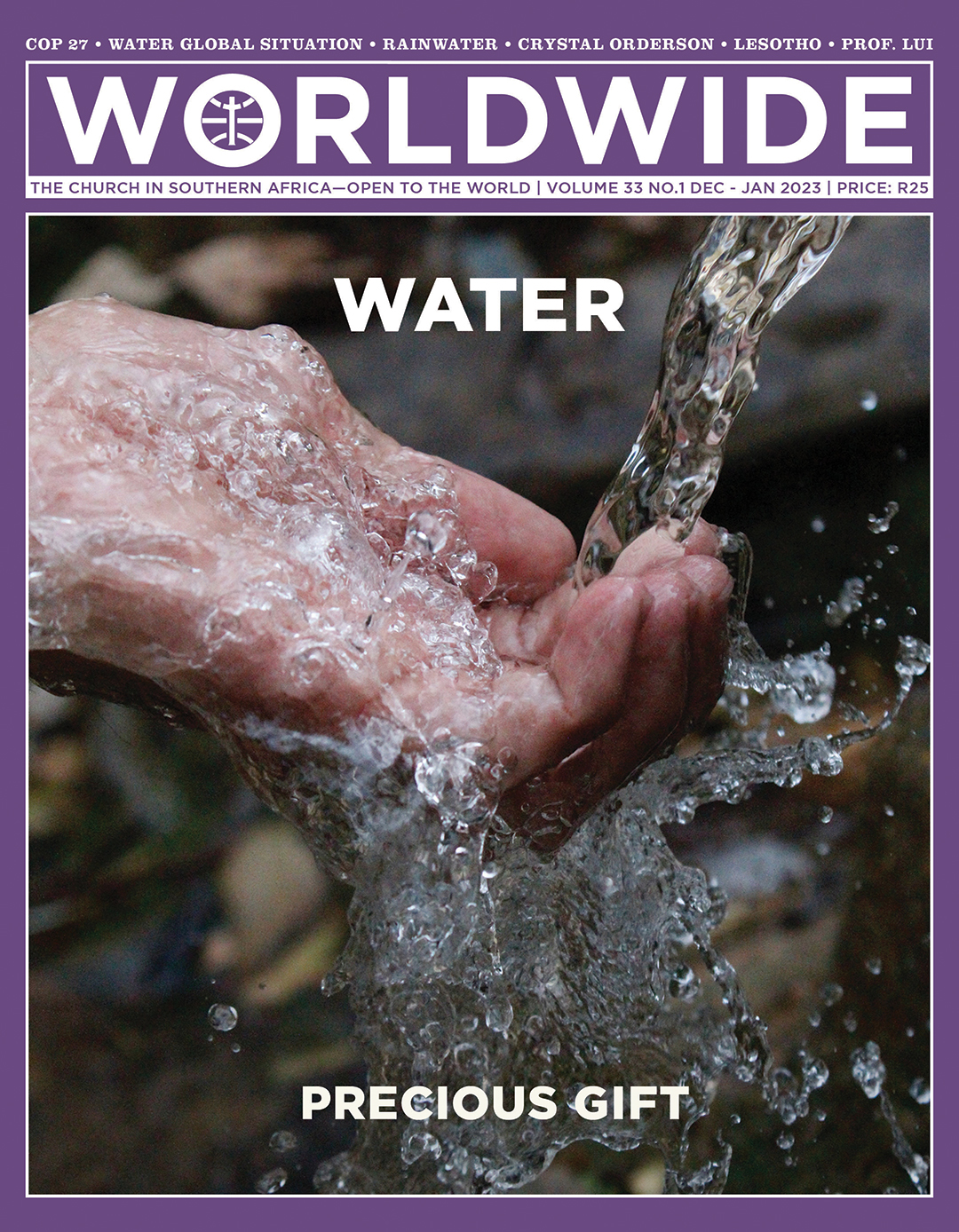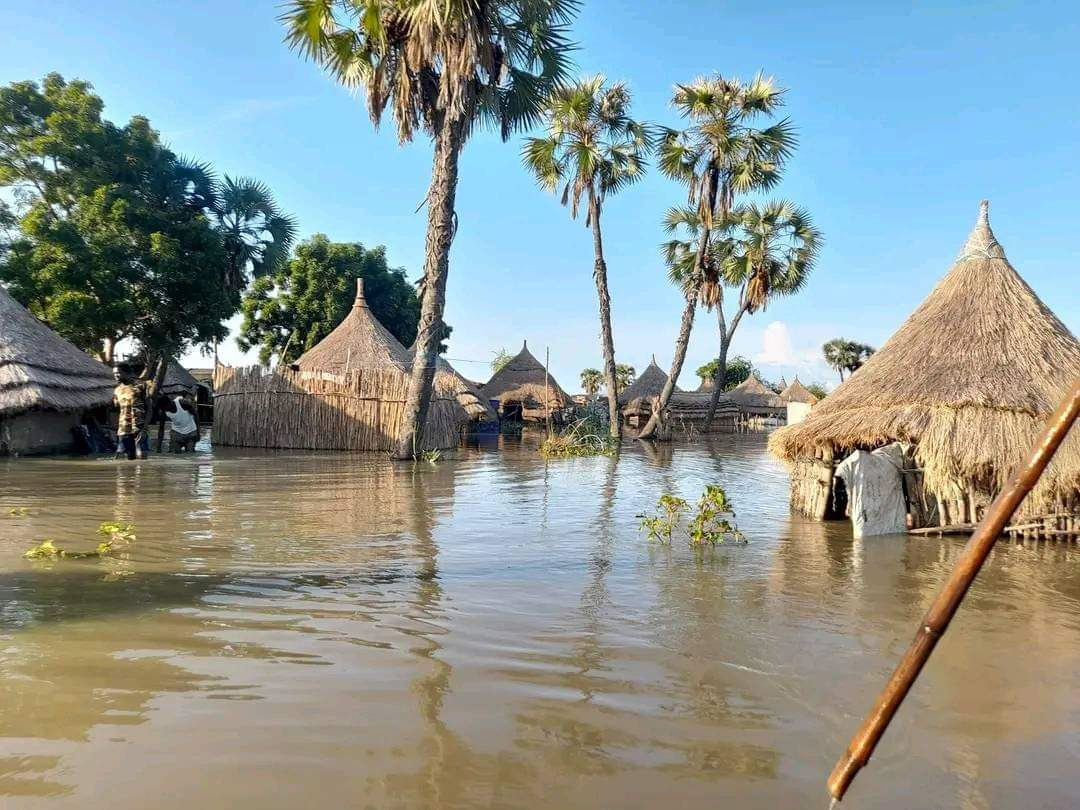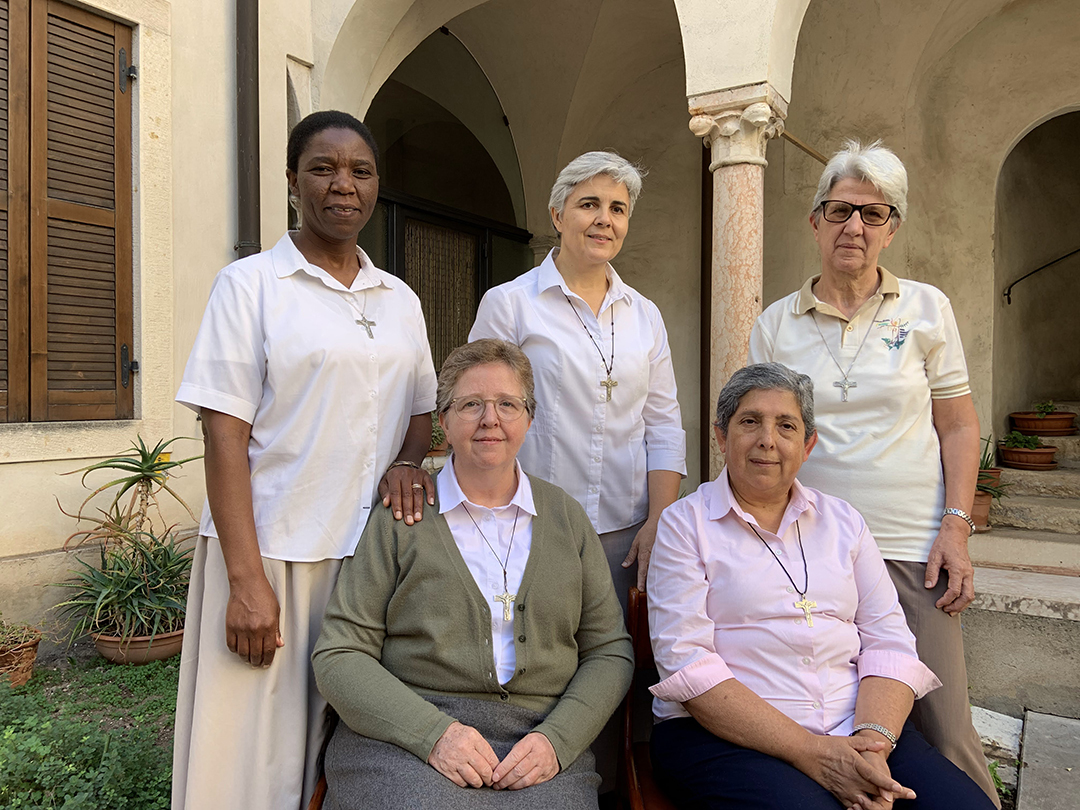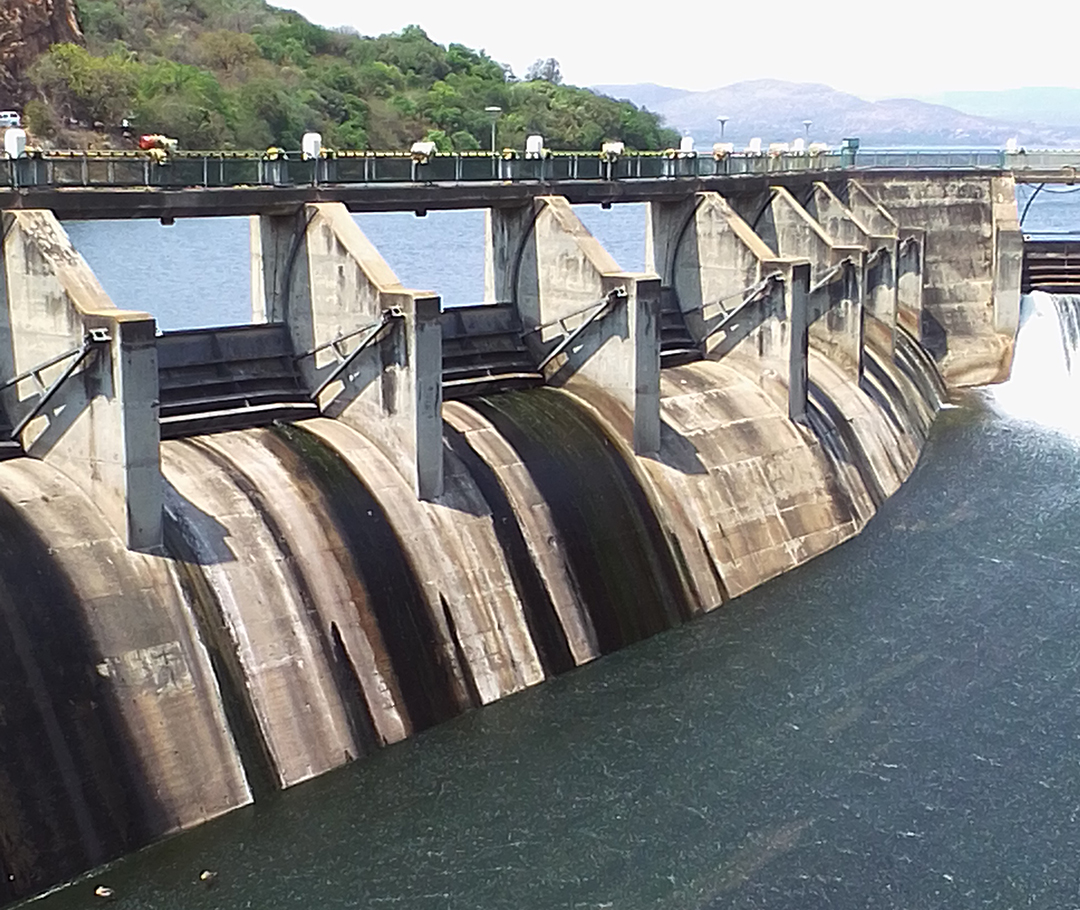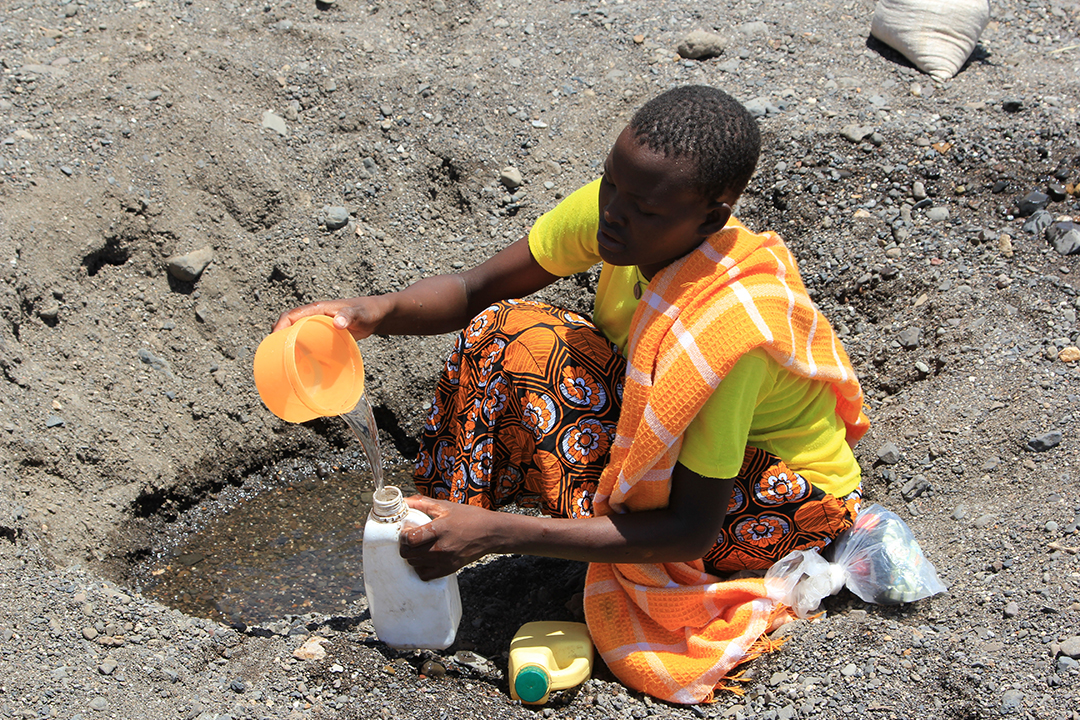RADAR
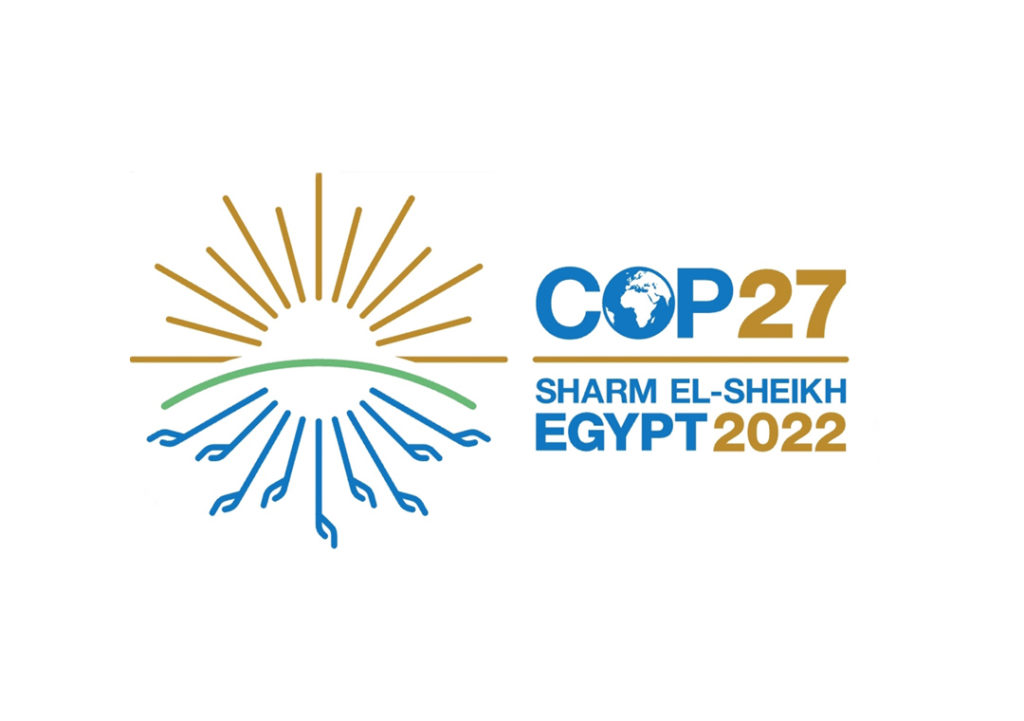
COP27 and the current global climate crisis
BY Fr Sean McDonagh | Columban missionary and President of The National Trust for Ireland (An Taisce)
THE FIRST Conference of the Parties (COP) to the United Nations Framework Convention on Climate Change (UNFCCC) took place in Berlin, Germany in March 1995. Its purpose was to give a clear scientific understanding of climate change and its consequences for our planet. Not everyone agreed with the UNFCCC outcome. People in the fossil fuel industry denied the negative consequences of carbon dioxide, while some farmers claimed that the methane produced by their cows was not a serious source of greenhouse gas. They rejected any reduction in cattle numbers, even though 35% of greenhouse gases come from agriculture.
In her address to the Citizens’ Assembly on Biodiversity in September 2022, Laura Burke, the Director General of the Environment Protection Agency (EPA) stated that there is a gap between climate action and the implementation of climate action plans. According to her, current sectoral climate budgets will not add up to the 51% reduction in greenhouse gas emissions promised by 2030.
COP27 has taken place in Sharm El-Sheikh, Egypt, from the 6–18 November 2022. The return of the Conference of the Parties to Africa stresses two very important dimensions of global climate change. Firstly, Africa is responsible for just 4% of global emissions in 2022, compared with 32.4% for China and 12.6% for the United States. Overall, G20 countries are responsible for 80% of global greenhouse gas emissions. Unfortunately, the most vulnerable people on the planet will suffer the most from climate change.
The failure of countries to keep global warming below 1.5°C will mean more and more losses in future
Secondly, Africa bears the brunt of the effect of climate change, especially with droughts and famine affecting countries in the Horn of Africa. Somalia has endured a three-decade-long civil war, major political instability, climate change and COVID-19. This has pushed the country towards famine.
In Kenya and Ethiopia, years of insufficient rainfall have caused the worst drought in 40 years. This severe weather has had a devastating effect on farming, with millions of livestock dying and a significant drop in food production due to failed harvests.
COP26 in Glasgow urged rich developed countries to dramatically increase funding for developing countries such as Bangladesh, Pakistan, Kenya, Somalia, and Ethiopia. Just a fraction of the US$100 billion promised by 2020 to help poor countries deal with damages caused by climate change has been delivered. Despite all the promises to reduce greenhouse gases, in 2022 concentrations have returned to pre-pandemic levels. The pledges about greenhouse gases in the run-up to 2030 need to be seven times higher to be in line with the 1.5°C goal of the Paris Agreement in 2015.
The failure of countries to keep global warming below 1.5°C will mean more and more losses in future. The average temperature of the world is 1.2°C above the pre-industrial level. This year, 2022, we experienced forest fires in Australia, Siberia, California, Alaska, and the Amazon. We have watched the monsoon caused by heavy rain and melting glaciers devastate three provinces in Pakistan wrecking the lives of 33 million people. In Pakistan, the average citizen of the country is responsible for producing just one tonne of greenhouse gases per annum, whereas the average Irish citizen is responsible for producing 12 tonnes of greenhouse gas per year.
Earlier, in September this year, a group of climate scientists published a report stating that the world was increasing the risk of creating environmental tipping points which would be catastrophic for our planet. Johan Rockstrom, the co-chair of the Earth Commission and director of the Potsdam Institute for Climate Impact Research, stated that “The world is heading toward a 2°C or 3°C increase in global warming.” Responding to this bleak prediction, UN Secretary-General, Antonio Guterres said, “Climate impacts are heading into uncharted territories of destruction.” Climate change is a huge problem globally which, at the moment, it seems, we are unwilling to address honestly.

